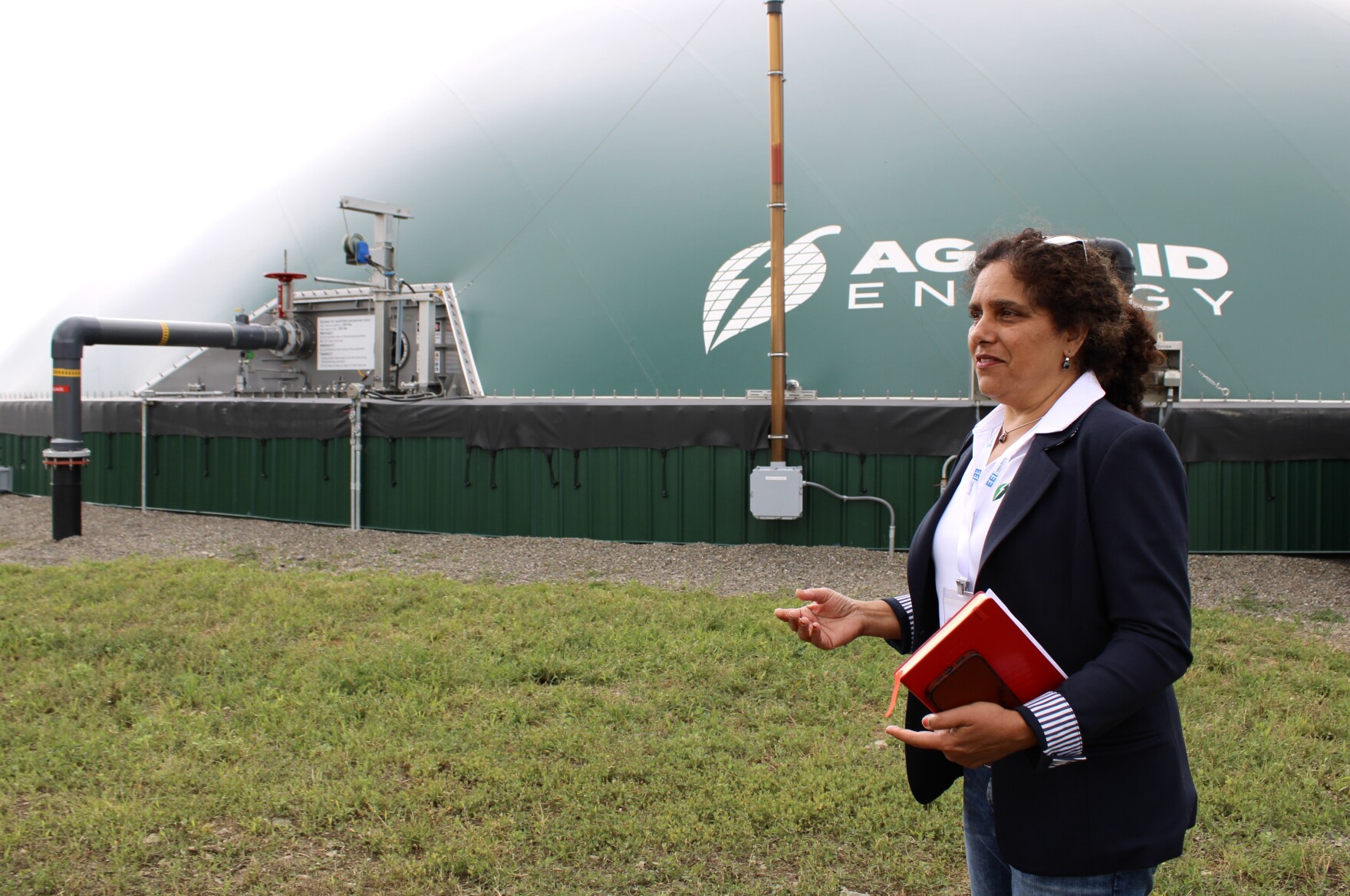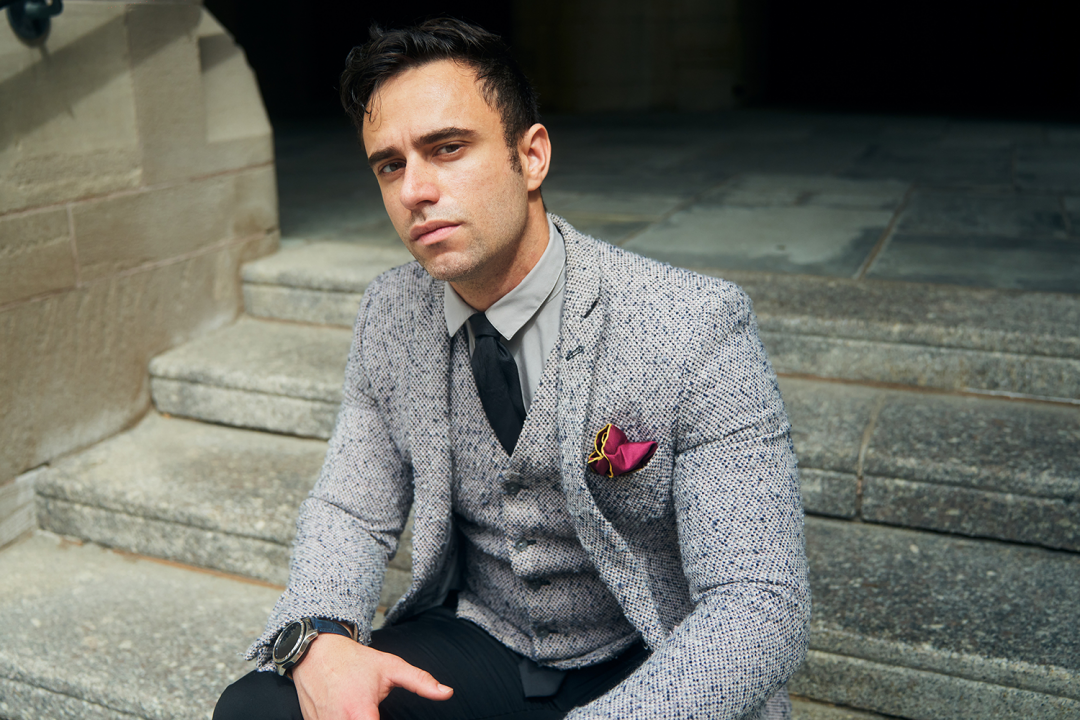Students who are both academically talented and also on the autism spectrum can enjoy greater success in college based on the correct high school experience. That’s the finding of research performed by a UConn team in the Neag School of Education and published in a recent issue of the Journal of Autism and Developmental Disorders.
“High school should not be just about deficit reduction, but should be about talent development,” says Sally Reis, the Letitia Neag Morgan Chair in Educational Psychology. “We would love to see more teachers and parents using the interests and strengths of these student to be able to address their deficits. You can do that in a remedial class, but that is completely inappropriate for this group. What we want people to do is find something these kids love to do, based on their interests.”
The study used the largest sample of academically advanced students, who also have autism, in any research study ever conducted. The authors were interested in researching a group where the focus is typically on disabilities, not talent and abilities.
“We wanted to do a study that, in a certain sense, used reverse engineering,” says Reis. “So many students with autism who are intelligent don’t make it through college.”
As a result, the team narrowed their sample to students who had already completed a few years at various highly competitive universities and some who had recently graduated.
“One of the issues that these students face is that their autism may mask their talents, or their talents may mask their autism,” says Joseph Madaus, the director of the Collaborative on Postsecondary Education and Disability and a professor in the Department of Educational Psychology. “Another challenge is that because of their performance in high school, they might not receive some of the special education services they might need.
“We do want to challenge these students and put them in the most rigorous academic curriculum possible for them in high school, not only to tap into their strengths and passions, but to also prepare them for higher education.”
Extracurricular activities in high school also play an important role in academic success on the next level for these students.
“When they participate in work that they are interested in and passionate about, these students put themselves in situations when they can develop better social skills and strategies,” says Nicholas Gelbar, an associate research professor at UConn. “Many of the students that were in our sample were also involved in these types of activities in college and that connected them better to their campus community, so they were able to do better academically. These passions can help make up for some of the challenges they are going to face socially both in college and the work environment.”
The researchers hope their work will serve as a positive beacon for parents and students.
“Many of these students are lonely and have social challenges,” says Reis. “Meaningful work can provide an outlet and we have to consider how much wasted talent that occurs when these young people go to college and drop out because of isolating events.”
Reis offered specific advice for parents of talented students with autism for their high school years to help them prepare for college.
“They need to make sure that their student is in at least one or two extremely challenging classes in their area of interest and achievement,” says Reis. “Then, try to find an extracurricular activity that connects with their interests and gives them a chance to make friends and excel in something out of the academic realm. It can be something connected to their school or something they do on the weekend, like a class at a science center, for example.
“We also learned that many of these young people are successful in college because their parents were able to send them to a week-long or two week-long summer residential program. This overnight experience really helps them when they get to college. We understand that takes money and not everyone can do that, but there are scholarships available and lots of organizations that support young people with autism.”
Reis said it was also important that these student have some adult at their high school that can serve as a support system and understands them.
“Many of these young people have a limited social battery and they just need time to be able to recharge,” says Reis. “So, each of our students that were successful in college had a guidance counselor, teacher or someone from whom they received help and support.”



